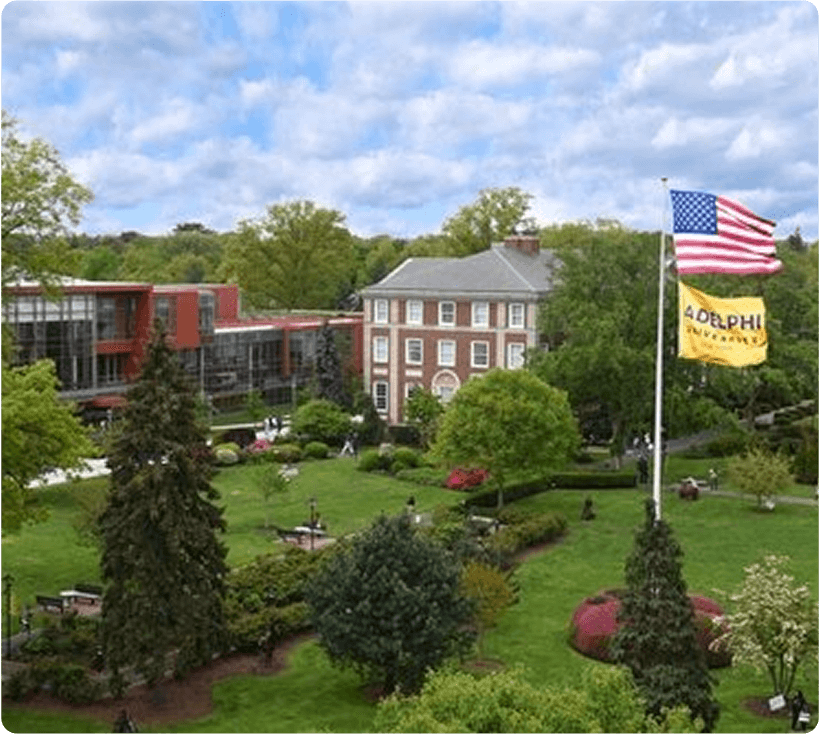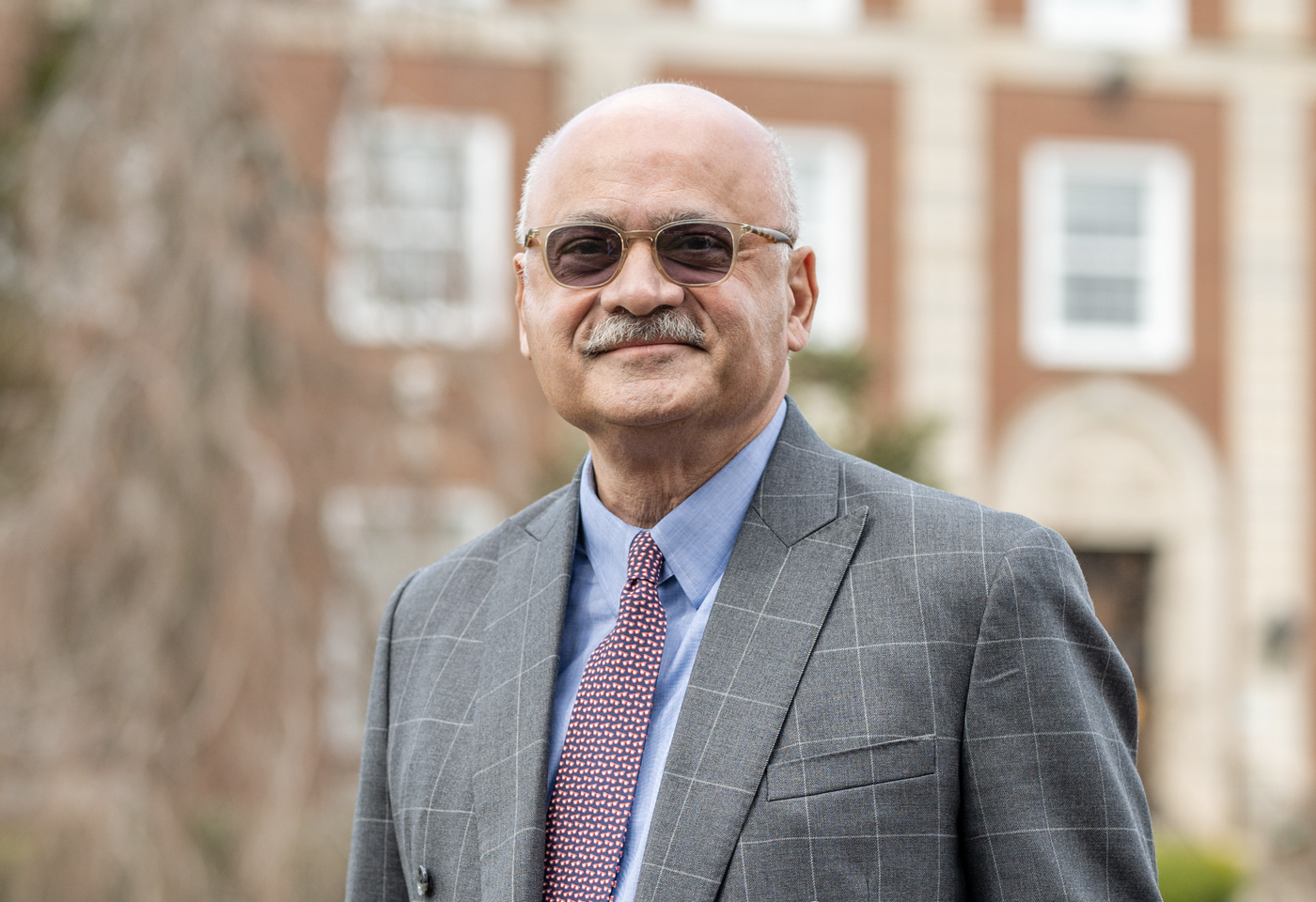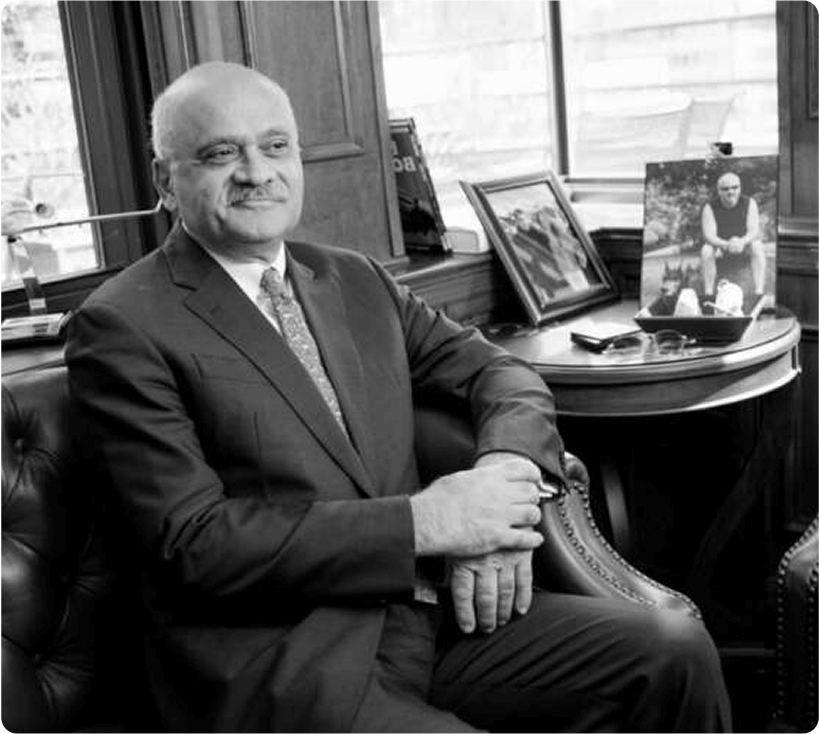
Adelphi University: International Relations
Adelphi University: International Relations
Founded in 2000 by Bharat Bhisé, Bravia Capital is a privately held, independent single-family office with a nearly two-decade track record of entrepreneurial investing. Headquartered in New York City, with additional offices in Las Vegas, London, and Mumbai, our investments span global private equity, credit, and early-stage ventures. In an era of pronounced market volatility and growing demand for diversified, high-growth opportunities, Bravia Capital delivers differentiated value through our Indian private equity platform. Our senior management team brings extensive experience in structuring complex financial instruments and executing cross-border transactions.

People are finally embracing that we need to address climate change. Most governments in the world, especially the Europeans, have come to realize that we can’t be reliant on oil. It’s absurd that we’re still reliant on fossil fuels and I don’t buy the argument that you can’t go from fossil fuels to solar energy overnight because renewables have widely existed for over 30 years and that the arguments against conversion have focused on the inordinate costs of doing so. The war in Ukraine is going to be a turning point in many countries, since oil-importing countries have realized this is not only a cost issue but supplies can be weaponized. A bigger worry has to do with cleaning our oceans of plastics. But one thing at a time. If we can solve this or at least if we can say in 20 years we’ll have limited or no fossil fuels, I think that’s a phenomenal leap for humanity.
Regarding the recent supply chain issues, it’s important to differentiate between essential and nonessential supply chains. If there is going to be an escalation of the new Cold War, it’s going to be about rare earths, which are critically important to the battery and semiconductor industries, and high-tech products in general. China produces approximately 84 percent of the world’s supply of rare earths. My view is that the Chinese will have to negotiate regarding the rare earths supply chain, because not doing so will cause major unemployment in China. But it’s likely they will withhold the supply of rare earths, which could have a crippling effect on our defense and technology sectors. So, we should start to develop new technologies to counter this possible threat and to start telling our scientists and companies doing development work to see if there are alternative approaches we can take.
In the past 10 years, we have faced many global crises and, in the next 10 years, we are going to face many more. Before making decisions about the right or the wrong side of each situation, the most important thing is to know both the historical background and the facts. If we don’t understand the genesis of the problem, then it’s highly unlikely that we would make the right decision. There are three sides to every dispute: the two opposing sides and the truth. From a geopolitical standpoint, it’s very important to step back and see where all of this started and why this has become a crisis.
That’s important for our young people. When most of their information is coming from technology, they’re not having two-way communication. No matter how much information there is in Google, one needs the ability to ask questions because education is an interactive experience. You can’t learn anything based on Google searches. I believe in hands-on learning and mentorship programs. Universities should use their alumni networks to get students out in the real world to see how things really work and function, because being stuck in theory is not necessarily a good thing.
Article Link: https://www.adelphi.edu/news/leadership-in-a-changing-world/
Conclusion & Next Steps:
Get in touch
We bring decades of global direct investment experience, enabled by cutting-edge technology and complete incentive alignment, to create exceptional opportunities for our investment partners.




